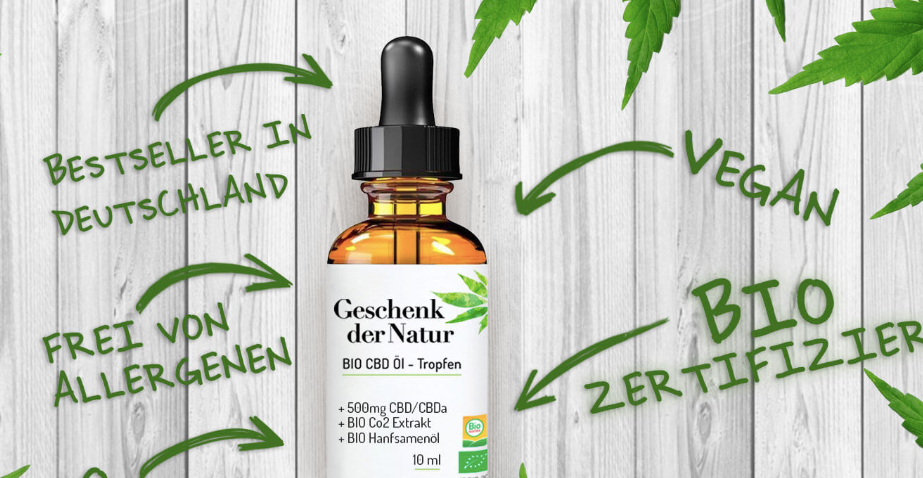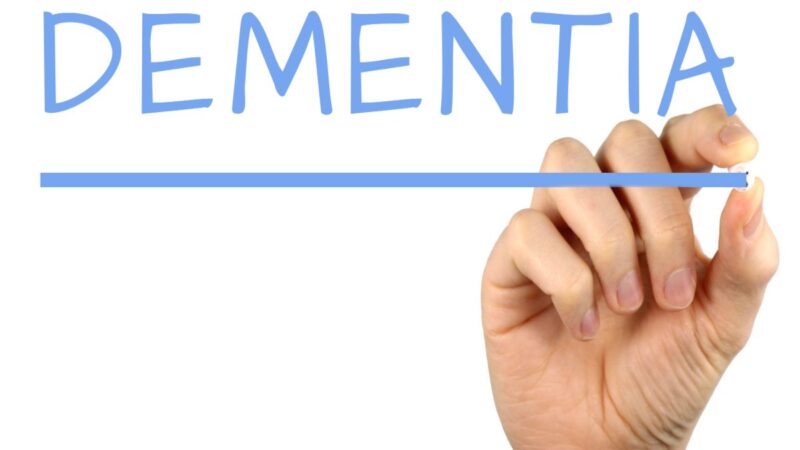EXPLORING THE IMPORTANCE OF CBD OR CANNABIDIOL OIL AND ITS EXTRACTS

CBD oil or Cannabidiol oil is a phytocannabinoid which was discovered in the past 1940. It is considered to be one of some 113 identified cannabinoids in cannabis plants, which accounts for up to 40% of the plant’s extract. It is also termed to be as Sativex or Epidiolex. It can be taken into the body in multiple ways, which includes mainly inhalation as smoke or vapor, or as an aerosol spray into the cheek and by mouth. It is mainly used as a method for relaxation or a method of stress relief.

USE OF CBD IN THE FIELD OF MEDICAL SCIENCE
There has been a detailed research about the use of cannabidiol in the field of medical science. It is found that CBD oil can be used for the treatment of Epilepsy, and what there is limited to refractory epilepsy in children. Using of medical-grade cannabidiol in combination with conventional medication shows some promise, they did not lead to seizures being eliminated, and were associated with some minor adverse effects.
US food and Drug Administration approved an orally administered cannabidiol solution or Epidiolex in June 2018 as a treatment for two rare forms of childhood epilepsy, Lennox-Gas taut syndrome and Dravet Syndrome. On further detailed research, it has been confirmed that CBD oil can be used for other possible therapeutic uses like neurological disorders, but the findings have not been confirmed by sufficient high-quality clinical research to establish such uses in clinical practice.
ADVERSE EFFECTS OF CBD
Some of the adverse effects of cannabidiol are that, preliminary research indicates that cannabidiol may reduce adverse effects of THC, particularly those causing intoxication and sedation, but only at high doses. Well, it is also seen that safety studies of Cannabidiol showed it is well-tolerated, but may cause tiredness, diarrhea, or changes in appetite as common adverse effects.
USE OF CBD IN THE FIELD OF FOOD AND BEVERAGES
Food and beverage products containing CBD were first introduced in USA. Similar to energy drinks and protein bars which may contain vitamin or herbal additives, food and beverage items can also be infused with CBD as an alternative means of ingesting the substance. In USA numerous products are marketed as containing CBD.
PSYCHOTROPIC EFFECTS CAUSED BY CBD
CBD although does not appear to have any psychotropic affects such as those caused by THC in Marijuana, but may have anti-anxiety and anti-psychotic effects. As the legal landscape and understanding about the differences in medical cannabinoids unfolds, experts are working to distinguish “medical marijuana” which would commonly present as having a reduced or non-psychoactive side-effect profile. Various strains of “Medical marijuana” are found to have a significant variation in the ratios of CBD-THC and are known to contain other non-psychotropic cannabinoids. Any psychoactive marijuana, regardless of its CBD content, is derived from the flower of the genus Cannabis. Nom-psychoactive hemp, regardless of its CBD content, is any part of the cannabis plant.
CONCLUSION
CBD oil although approved by many countries, especially USA, but in most states it is considered to be legal only if taken in the smallest amounts. The percentages used in medicines are extremely less and are used in a completely controlled manner so that the negative effects do not become prominent and would not harm mankind potentially. Although it reduces stress, but is only valid, if taken, in a minimum quantity. Overdose or excessive intake of CBD can kill a living being almost instantly. They have a half life of about 18 to 32 hours. The U.S. Drug Enforcement Administration has assigned Epidiolex CBD remains a Schedule I drug prohibited for any use. Cannabidiol is not scheduled under any United Nations drug control treaties, and in 2018 the World health organization recommended that it remain unscheduled.
- Unlocking the Secrets: How to Become a Successful YouTuber - March 17, 2024
- Unlocking the Power of Home Loan Calculators: A Comprehensive Guide - March 9, 2024
- Understanding Dementia: A Comprehensive Guide - March 7, 2024






